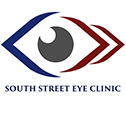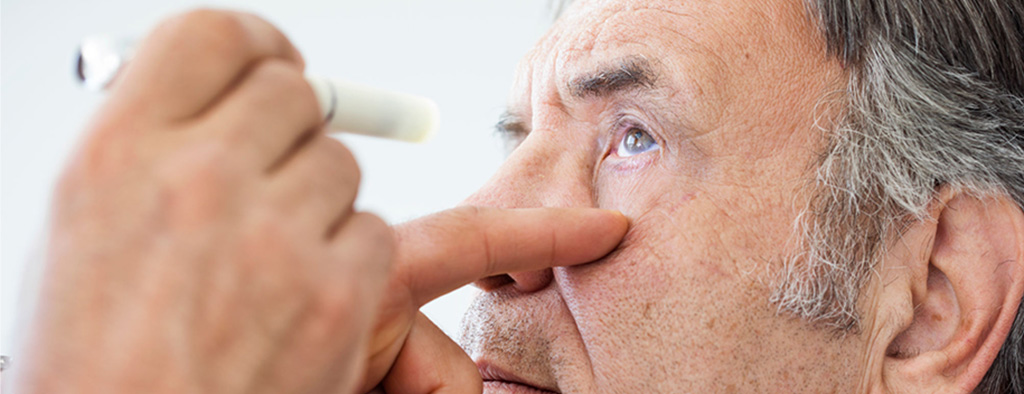Many of the most common Oculoplastic procedures focus on the eyes and their surrounding area, whether for corrective purposes or to combat the signs of ageing. Blepharoplasty (eyelid surgery) is now listed as one of the most popular cosmetic procedures.
When considering cosmetic surgery, it’s natural that you would think of visiting a plastic surgeon, but nowadays more and more people are visiting oculoplastic surgeons, specialising in both eyelid and facial plastic surgery relevant to the eyes. The reasons to consider an oculoplastic surgeon if considering eye surgery are:
1. Plastic surgeons are skilled experts, of course, but they do not have the same level of training when it comes to the eyes. Plastic surgeons train in surgery and reconstruction of many different body parts, but they will have almost no exposure to eyelid surgery during their training – most of this surgery is now done by oculoplastic surgeons.
2. An oculoplastic surgeon is a trained ophthalmologist, spending a minimum of seven years training in eye and eyelid surgery, then choosing to spend longer in specialist training for oculoplastic surgery. This makes them the ideal specialist for you to go to if considering facial plastic surgery around the eye and on the eye itself.
3. An oculoplastic surgeon’s background and training provides for more finesse and a more precise approach.
4. An oculoplastic surgeon can treat a wide range of conditions, and perform reconstructive surgery. rejuvenation surgery, and aesthetic surgery. Some of the most common reasons an oculoplastic surgeon is sought out include droopy eyelids (ptosis), blepharospasm, skin cancers, trauma and injury, removal of excess skin, or tear duct problems. Two of the most common procedures performed are blepharoplasty (eyelid surgery) and brow lifts, which reduce wrinkle lines and raise sagging eyebrows.
5. Oculoplastic surgeons, with their skill, precision, and attention to detail, can also correct results from previous unsuccessful cosmetic surgery, or the results of surgery around the eyes which does not meet with the patient’s expectations. Corrective surgery is particularly specialised and a thorough knowledge of the eye and how it has been affected by the original surgery is essential.
Remember that if you do decide to undergo surgery, it is not a decision which should be made without serious consideration. Meet with a recognised specialist and discuss exactly what you are looking for, in order to ensure the best results and decide upon a course of treatment or the surgery which is tailored to you and your needs.
Dr Olivia MacVie is our oculoplastic surgeon here at South Street Eye Clinic. She is a fully qualified ophthalmologist, with advanced training and study, in Australia and overseas in the field of ophthalmic plastic surgery. She deals with reconstruction and repair of the eyelids, eye sockets, and tear duct systems.

